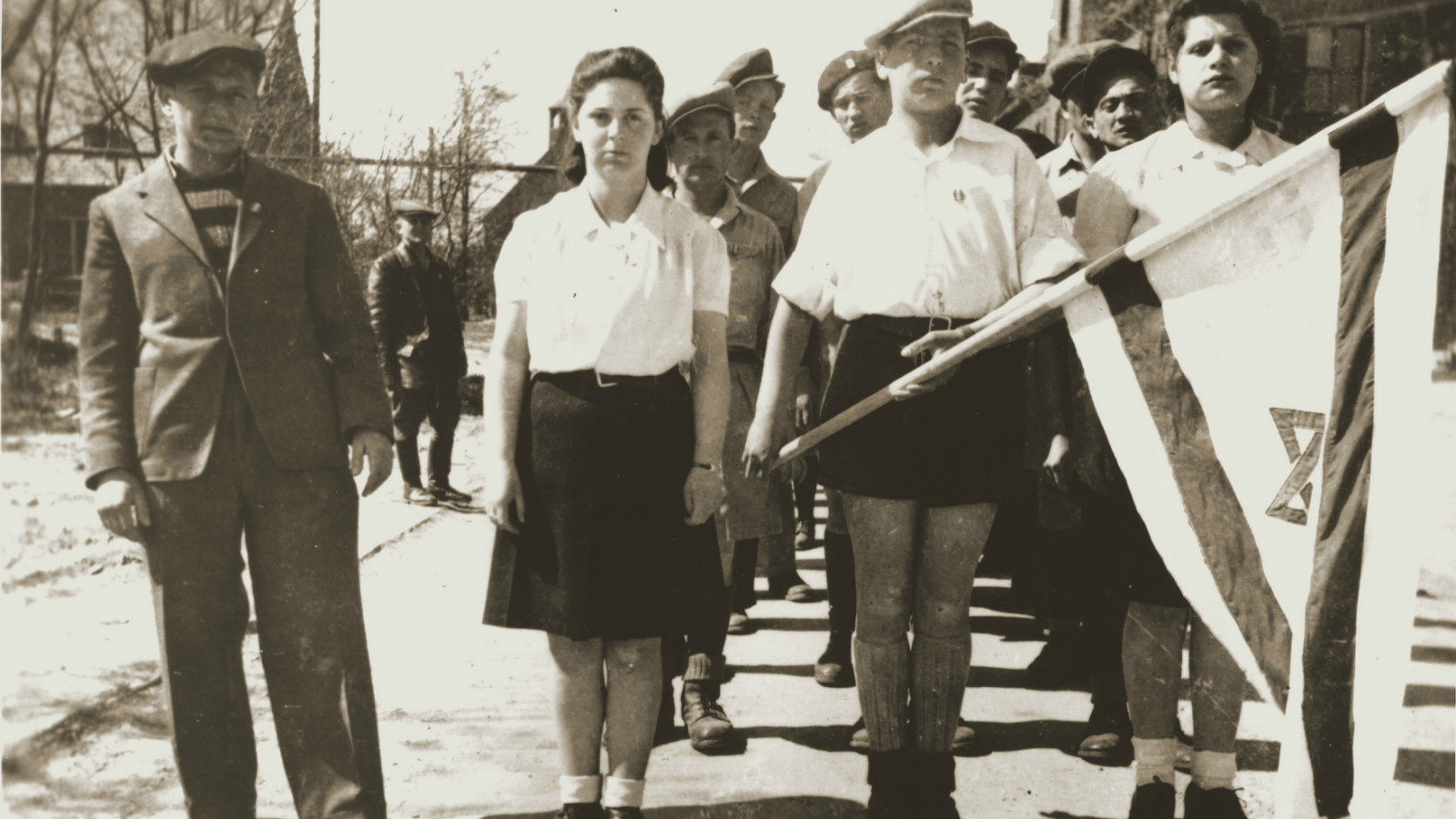Centuries of political powerlessness engendered a Jewish theology of passivity. Jews believed that the exiles would be gathered to the Land of Israel eventually–and that only God could initiate this redemption. Ironically, when modern Jews experienced empowerment in the form of Emancipation, they were further distracted from the Land: In early modern times, traditional Jews continued to insist that God would lead any re-settlement of the Land, while liberal Jews relinquished their dreams of a homeland in exchange for citizenship in their home countries.
There were some exceptions, however. Yehudah Alkalai (1798-1878) and Zvi Hirsch Kalischer (1795-1874) encouraged immigration to the Land of Israel, suggesting that settling the Land would help bring the Messiah–a belief that foreshadowed the religious Zionist movement. While most of their liberal colleagues in the early to mid-19th century tried to justify Judaism in Europe, Moses Hess (1812-1875) and Heinrich Graetz (1817-1891) iterated the importance of the Land. Graetz believed that the religious and the political were “the twin axes around which Jewish life revolves”–so a religious state was ideal. Hess believed that national aspirations were fundamental to human nature; thus Jews needed a homeland to be spiritually and psychologically complete.
As conditions deteriorated for Jews in certain parts of the world, settling the Land of Israel became a practical, political solution to anti-Semitism. Ironically, the practical nature of this idea was such that the two most important early political Zionists, Leo Pinsker (1821-1891) and Theodor Herzl (1860-1905), considered creating Jewish homelands outside of the Land of Israel, in places like Uganda and Argentina. Ahad Ha’am (1856-1927), the father of cultural Zionism, objected to this and other positions of political Zionism. He didn’t believe that mass immigration to the Holy Land was possible or proper. Rather, he wanted the Land to be cultivated as a spiritual and cultural arena for Jewish renewal.
Meanwhile, the religious right and left continued to criticize Zionism. The liberal stance was rooted in a universalism that made Zionism’s particularistic bent seem antiquated, even embarrassing. In the Pittsburgh Platform of 1885, the American Reform movement famously declared that they “expect neither a return to Palestine… nor the restoration of any of the laws concerning the Jewish state.” (In the 1930s, the movement changed course, affirming “the obligation of all Jewry to aid in its [the Land’s] upbuilding as a Jewish homeland.”)
With your help, My Jewish Learning can provide endless opportunities for learning, connection and discovery.
On the right, traditional Jews continued to maintain that settling the Land tampered with the divine plan for redemption. In addition, the secular, often atheistic Zionist leadership was another sign of its corrupt nature. Abraham Isaac Kook (1865-1935), the first Ashkenazic chief rabbi of the Land during the British Mandate period, developed an alternative theological vision, sowing the seeds for religious Zionism. Kook embraced the work of the secular Zionists because he thought the messianic era was at hand, and that the existence of secular Jewish power was a symptom of the upheaval predicted to precede the messianic age.
Kook’s son Zvi Yehudah Kook (1891-1982) upped the messianic ante. In the years following the Six Day War in 1968, his followers founded Gush Emunim, which believes that settling all of biblical Israel–including the West Bank and Gaza–is necessary to bring the Messiah. Though most religious Zionist settlers are not affiliated with Gush Emunim, those who sympathize with this movement tend to inhabit the most remote settlements and object to relinquishing any land as part of a peace agreement. There are more moderate religious Zionist groups, though almost all consider the birth of the State to be a sign of a burgeoning redemption. Still, many are willing to evacuate settlements in the interest of peace.
To various degrees, many ultra-Orthodox groups participate as citizens of the State, as well. Neturei Karta and the Satmar Hasidim are exceptions. These Jews continue to assert that Jewish sovereignty prior to the messianic era is absolutely forbidden. Neturei Karta is actively anti-Zionistic, often participating in protests against the State.
In recent decades, a new critical discourse has emerged. In the 1980s, Israeli academics began analyzing recently declassified documents from the early years of the state and writing historical narratives that contradicted the traditional Zionist ones. For example, the historian Benny Morris has shown that many Palestinian Arabs were expelled from their villages during the 1948 war, while traditional Zionist histories claimed that they left their homes on the advice of Arab leaders. Originally, this scholarship was associated with the political left. However, its gradual move toward the centrist mainstream and the outbreak of the second Intifada–which disillusioned many of its lead proponents–have placed this scholarship at the center of social and political debate in Israel.



